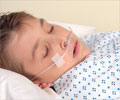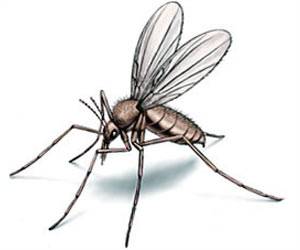Lower heart rate variability was found to correlate with autonomic manifestations of stress shortly after birth in newborns with hypoxic-ischemic encephalopathy (HIE).

TOP INSIGHT
In hypoxic-ischemic encephalopathy, lower heart rate variability signals stressed newborns.
In most newborns, the autonomic nervous system reliably and automatically receives information about the body and the outside world and, in response, controls essential functions like blood pressure, body temperature, how quickly the baby breathes and how rapidly the newborn's heart beats. The sympathetic part stimulates body processes, while the parasympathetic part inhibits body processes. When the nervous system's internal auto-pilot falters, babies can suffer.
The Children's team enrolled infants with HIE in the prospective, observational study. (HIE is brain damage that occurs with full-term babies who experience insufficient blood and oxygen flow to the brain around the time they are born.) Fifteen percent had severe encephalopathy. Mean age of babies in the observational study was 38.9 weeks gestation. Their median Apgar score at five minutes was 3; the 0-9 Apgar range indicates how ready newborns are for the rigors of life outside the womb.
The team analyzed heart rate variability metrics for three time periods:
The first 24 to 27 hours of life
They correlated the relationship between heart rate variability for 68 infants during at least one of these time periods with the stress z-score from the NICU Network Neurobehavioral Scale. The scale is a standardized assessment of newborn's neurobehavioral integrity. The stress summary score indicates a newborn's overall stress response, and six test items specifically relate to autonomic function.
Source-Eurekalert
 MEDINDIA
MEDINDIA




 Email
Email










